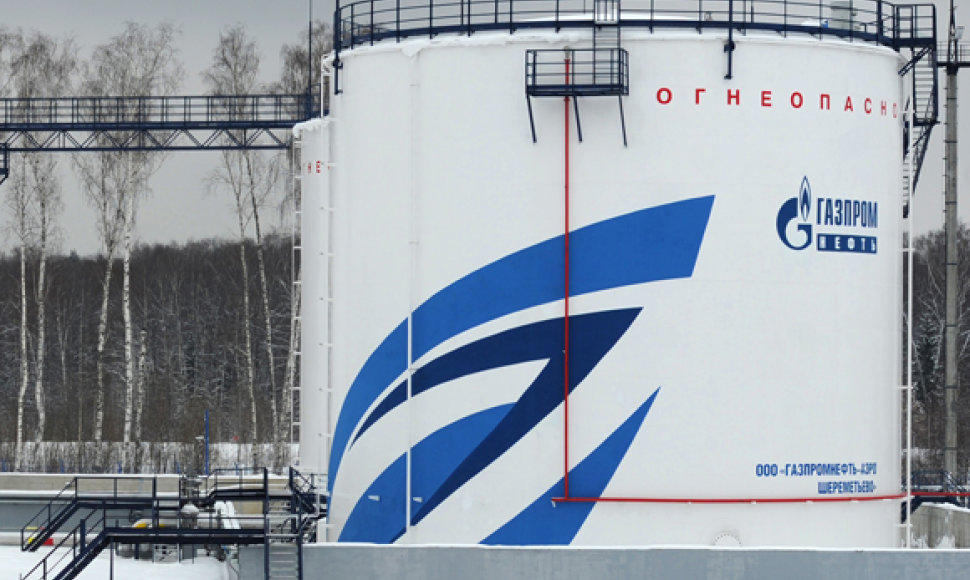Moreover, depending on the scale of discounts, Lithuania could agree to sign a new long-term gas supply deal for 2013-2020, sources told BNS adding that the transit of gas to Russia’s Baltic exclave of Kaliningrad would be governed by a standalone agreement in this case.
Lithuania also reportedly proposed that it would withdraw arbitration lawsuits over unfair prices of gas whereas Russia would drop its lawsuit over protection of investments. Lithuania could recover 5 billion litas, which are the subject of one arbitration lawsuit, through discounts for future gas.
Government’s representatives refused to make any comments.
“These speculations may possibly be spread with the aim to derail the talks hence the ministry does not intend to make any comments,” Daiva Rimašauskaitė, spokeswoman for energy minister, told BNS.
Prime Minister Algirdas Butkevičius told BNS that he could not confirm this information, which, according to him, was spread in order to harm the negotiations.
“No, I cannot [confirm it]. I am not aware of this information. Those issues haven’t been put forward in that negotiating group. The aim of these actions is to prevent a positive outcome,” he told BNS.
Some experts told BNS that the payment of a compensation where a country withdraws a large claim would be in line with usual practice yet it should be paid immediately in cash instead of future prices. They warned that this option could be dangerous for Lithuania, which is building a liquefied natural gas (LNG) terminal in Klaipėda, since it would open up a possibility for Gazprom to dump prices.
They also warned that a long-term contract with Gazprom would ruin the market, which would be created in 2015 after the completion of the LNG terminal in Lithuania.
Transit to the Kaliningrad region is currently governed by agreements between Lietuvos Dujos and Gazprom, the terms and conditions of which are not made available to the public.
In June 2011, Gazprom filed its first lawsuit against Lithuania with Stockholm arbitration institute asking the institute to bar Lithuanian courts from hearing a case on probing the operations of Lietuvos Dujos, in which the Russian company holds a significant stake. However, the arbitration institute turned the claim down.
Last October, Lithuania initiated a claim against Gazprom at Stockholm arbitration institute. That disputed concerned a 5 billion litas excess payment for Russian natural gas supplied to Lithuania at allegedly unfair prices during the past eight years.
Early in July, the arbitration institute of Stockholm ordered to Gazprom to recalculate the price of gas supplied to Germany’s energy concern RWE from May 2010. RWE then said that it would get a 1.5-billion-euro reimbursement from the Russian gas giant.












